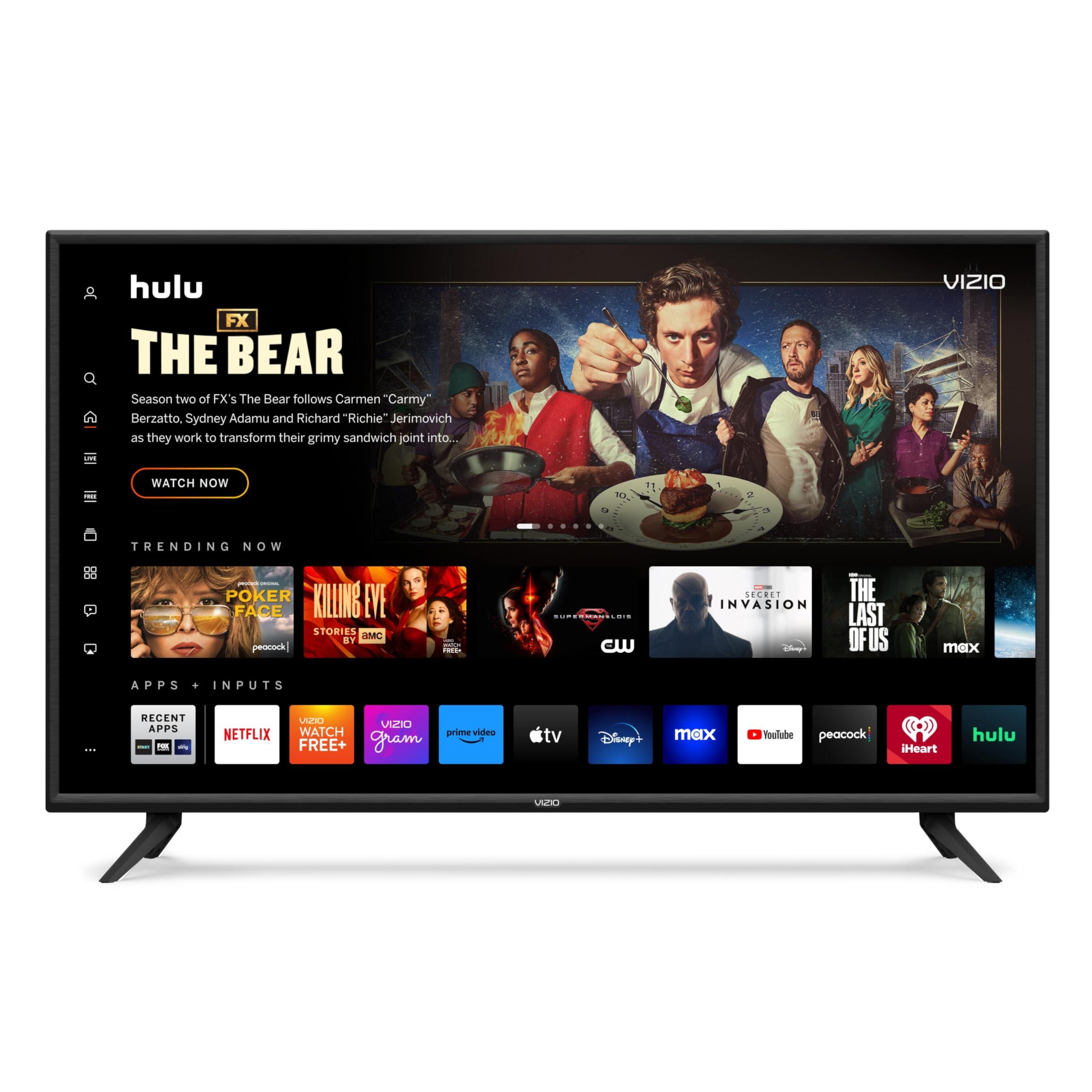In today’s digital age, streaming movies has become a staple of home entertainment, offering viewers an expansive library of films at their fingertips. As technology evolves, consumers face a pivotal choice in optimizing their viewing experience: should they invest in a smart TV or a gaming console for streaming? Both options come with distinct advantages and limitations, making the decision less straightforward than it may initially appear. This article delves into the comparative features, performance capabilities, and user experiences of smart TVs and gaming consoles, providing an analytical perspective to help you determine which device better suits your streaming needs.
Comparison of Streaming Capabilities and User Experience
When it comes to streaming movies, both smart TVs and gaming consoles offer unique advantages and challenges. Smart TVs are designed with built-in apps, providing a seamless and integrated experience. Users can easily access popular streaming services like Netflix, Hulu, and Amazon Prime Video without needing additional devices. The user interface is often intuitive, allowing for quick navigation through content libraries. Picture quality is another strong suit, with many smart TVs supporting 4K and HDR content, enhancing the viewing experience with vivid colors and sharp details.
On the other hand, gaming consoles like the PlayStation and Xbox are powerful multimedia hubs. They not only support a wide range of streaming apps but also offer additional features like voice control and integration with gaming networks. Consoles often have superior processing power, which can lead to faster app loading times and smoother performance. Furthermore, the ability to switch seamlessly between gaming and streaming is a plus for those who enjoy both activities. However, the user interface might be more complex, given the additional functionalities and settings.
Content Availability and App Support on Smart TVs vs. Gaming Consoles
When it comes to streaming movies, both smart TVs and gaming consoles offer a wide range of apps, but there are notable differences in their content availability and app support. Smart TVs typically come with a variety of pre-installed streaming apps such as Netflix, Hulu, and Disney+. These apps are often optimized for the TV’s interface, providing a seamless user experience. Moreover, smart TVs usually support additional app downloads through their respective app stores, although the selection can vary significantly depending on the brand and model.
On the other hand, gaming consoles like the PlayStation and Xbox offer a robust ecosystem for streaming, often supporting the same major apps as smart TVs, but with the added benefit of frequent updates and enhancements. Consoles might provide a more powerful processing capability, potentially offering faster load times and smoother streaming experiences. Additionally, consoles often integrate gaming features with streaming services, such as achievements or community sharing options, which might appeal to users looking for a multifaceted entertainment hub. Here’s a quick comparison:
- Smart TVs: Optimized apps, varying app store selections, seamless integration.
- Gaming Consoles: Powerful processing, frequent updates, gaming feature integration.

Evaluating Picture and Sound Quality for Optimal Viewing
When it comes to streaming movies, both smart TVs and gaming consoles offer unique advantages in terms of picture and sound quality. Smart TVs often come equipped with advanced display technologies like OLED or QLED, providing vibrant colors and deep contrasts. Many models also support HDR formats, enhancing the viewing experience with lifelike visuals. In terms of sound, integrated audio systems can vary, but some high-end models offer Dolby Atmos support, creating an immersive soundscape.
On the other hand, gaming consoles like the PlayStation or Xbox are designed to deliver powerful graphics and audio performance. These devices can output 4K resolution and support HDR, ensuring sharp and detailed imagery. They also offer compatibility with external sound systems, allowing users to connect to high-quality speakers or soundbars. Consider these factors when choosing the best device for your streaming needs:
- Display Technology: OLED/QLED vs. 4K HDR output
- Audio Capabilities: Built-in sound vs. external system support
- Flexibility: Built-in apps vs. downloadable streaming apps

Cost-Effectiveness and Long-Term Value for Movie Enthusiasts
For movie enthusiasts weighing the options, the financial aspect is crucial. Smart TVs often come with a higher initial cost, but they integrate streaming capabilities directly, eliminating the need for additional devices. This all-in-one solution can be more economical in the long run, especially considering that Smart TVs frequently offer software updates that extend their functionality and lifespan.
On the other hand, a gaming console can be a cost-effective choice if you’re also interested in gaming or if you already own one. While the upfront cost might be similar to a Smart TV, consoles often provide access to exclusive deals on streaming services. Consider the following advantages of each option:
- Smart TV: Lower energy consumption, fewer devices to manage, direct app access.
- Gaming Console: Multi-purpose use, regular updates, potential for exclusive content deals.
Ultimately, the decision may hinge on whether you value a streamlined, single-device setup or the versatility that a console provides. Both options offer distinct benefits that can provide substantial value over time.



